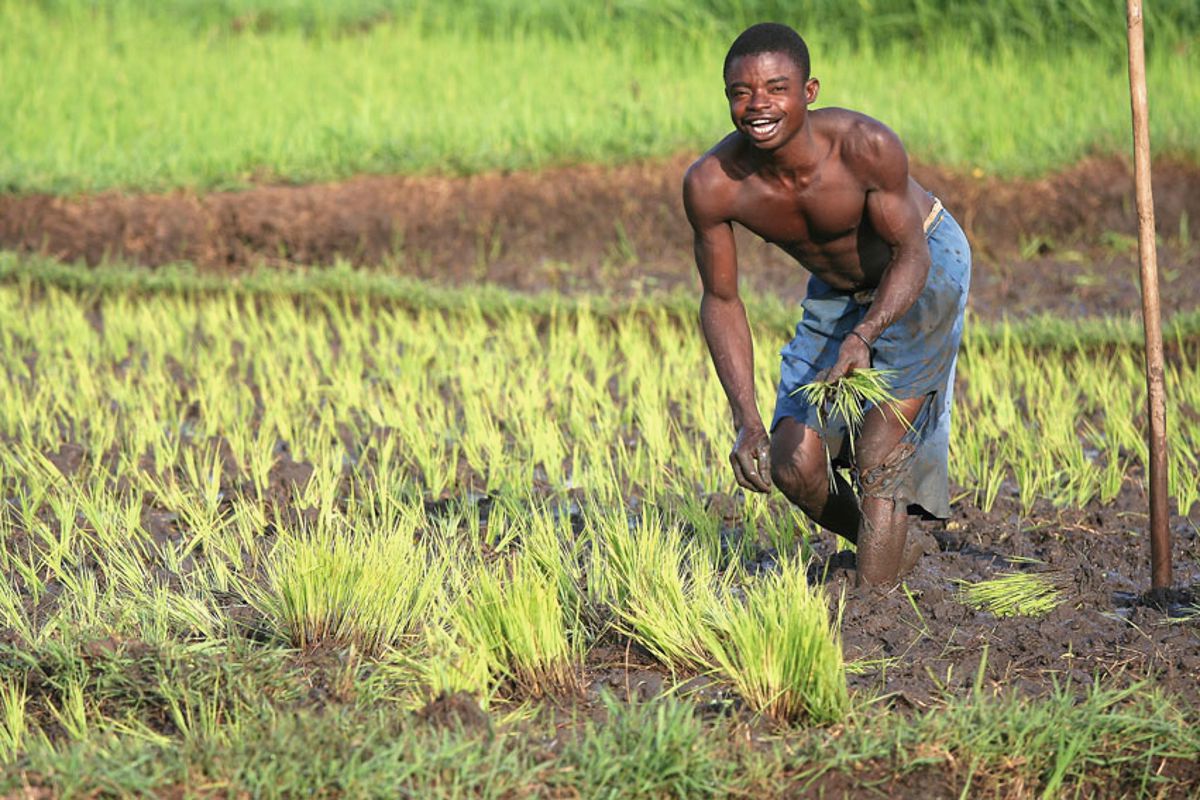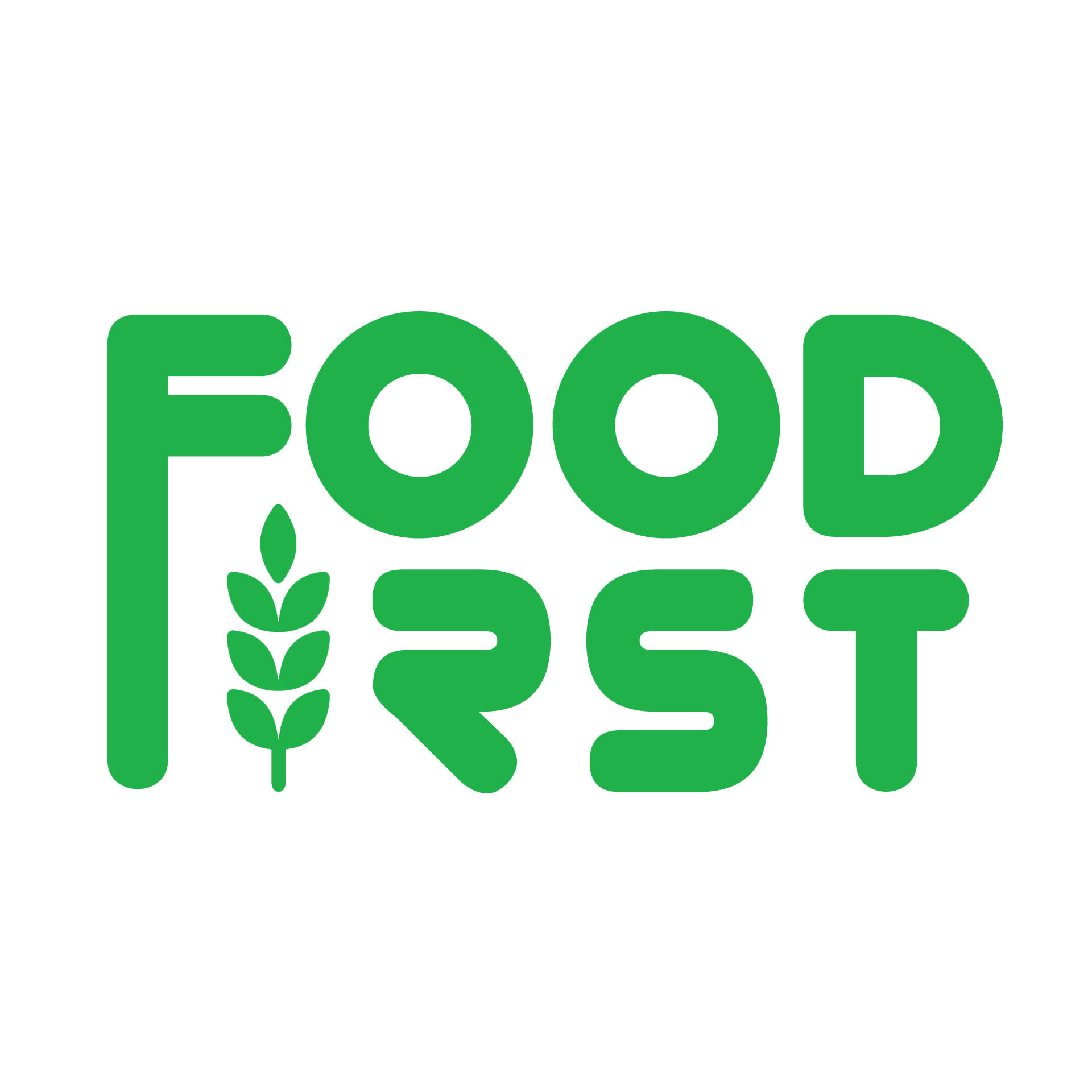[vc_row][vc_column][vc_column_text]
Private Sector-led greening of agriculture in Africa: What financial and policy incentives can stimulate best practices by Dutch SMEs?
[/vc_column_text][/vc_column][/vc_row][vc_row][vc_column width=”2/3″][vc_column_text]
 © Photo: Gwenn Dubourthoumieu
© Photo: Gwenn Dubourthoumieu
The combined global food, environmental and climate challenges call for urgently supporting the further greening of agriculture all over the world. In order to feed the growing population sustainably, agricultural productivity needs to grow alongside better food systems efficiency and protection of ecosystems. This is particularly important for Africa, that has around 60 percent of the world’s uncultivated arable land and the highest margins for improving the productivity of already cultivated land, and subsequently is attracting increasing attention by foreign investors, including from the Netherlands.
Only a multi-stakeholder approach to policies and investments and the coordinated use of different methods (agro-ecology, climate-smart agriculture, the landscape approach, etc.) can make an effective greening of agriculture possible. Governments should create the enabling policy environment and provide financial incentives for more and greener private sector investment and to build complementarities and synergies across such different methods. Supporting small and medium enterprises (SMEs) in this transition, both in Europe and Africa, is especially relevant, as large companies find it easier to move to a greener business model while SMEs have shorter term profitability objectives and often find green investment too costly.
With a focus on Africa and on SMEs, this Food First Session, organised together with the European Centre for Development Policy Management (ECDPM) and AgriProFocus, will discuss what financial and policy incentives can stimulate best practices by Dutch businesses interested in investing in African agriculture. Representatives of the private sector will give examples of farming innovations and of current approaches in the financial industry for the greening of agriculture, and Dutch government officials will outline what policies and instruments are in place to help those (e.g. the Dutch Good Growth Fund). An interactive debate will follow, with participants from the business, government, civil society and research communities.
1. Introduction
The combined global food, environmental and climate challenges call for urgently supporting the further greening of agriculture all over the world. In order to feed the growing population sustainably, agricultural productivity needs to grow alongside better food systems efficiency and protection of ecosystems.
This is particularly important for Africa, that has around 60 percent of the world’s uncultivated arable land and the highest margins for improving the productivity of already cultivated land, and subsequently is attracting increasing attention by foreign investors, including from the Netherlands.
Only a multi-stakeholder approach to policies and investments and the coordinated use of different methods (agro-ecology, climate-smart agriculture, the landscape approach, etc.) can make an effective greening of agriculture possible. Governments should create the enabling policy environment and provide financial incentives for more and greener private sector investment and to build complementarities and synergies across such different methods. Supporting small- and medium-sized enterprises (SMEs) in this transition, both in Europe and Africa, is especially relevant, as large companies find it easier to move to a greener business model while SMEs have shorter term profitability objectives and often find green investment too costly.
With a focus on Africa and on SMEs, this FoodFirst Vijverbergsession, organised together with the European Centre for Development Policy Management (ECDPM) and AgriProFocus, discussed what financial and policy incentives could stimulate best practices by Dutch businesses interested in investing in African agriculture. This interactive, informal seminar brought together participants from the private, financial and public sector, civil society, and research community. Presentations were given by two Dutch companies and the Dutch Platform for Inclusive Finance (NpM), followed by a reaction from a representative of The Netherlands Ministry of Foreign Affairs and broader discussion. This report presents key points raised in the presentations and discussion.
2. SMEs
The representatives of two Dutch companies, Ebit+ (www.ebit-plus.nl ) and Koppert Biological Systems (www.koppert.com ), presented practical examples of their activities in Africa. This related particularly to support to improve poultry farm management through a mobile app (Ebit+, www.igrowchicken.com ) and biological solutions to farming (Koppert Biological Systems). The presentations and following discussion brought forward three key issues:
● Participants were interested in understanding the business model of the Ebit+ mobile App. The company’s representative explained that farmers pay according to the number of chicken in their farm, and benefit from the reduced mortality of chicken. Banks and other services providers working with these farmers benefit from reduced risk and lower losses.
● There was some discussion on the definition of ‘green investments’, with participants having different opinions on this. It was particularly debated if SMEs providing services to optimise production processes and reduce waste can be labelled as ‘green’ on that basis. Also, some investors may promote chemical solutions that are called ‘green’ or ‘climate-smart’, while others, such as Koppert, believe in “green” biological farming measures. It was recognised that there is no commonly accepted definition of ‘green investments’.
● Presenters and some participants stressed that a ‘green’ business model can target the base-of-the-pyramid (e.g. small-scale farmers), even if not offering agro-inputs at the lowest price, as ‘green’ products and/or services may have a higher return on investment in the longer term, e.g. by avoiding soil degradation, reducing the dependence on chemical fertilisers, and increasing food security. However, the package of biological solutions that a company like Koppert offers, is costly for farmers and requires a certain basic knowledge level. Therefore, these companies should engage with local governments, cooperatives and other key actors in the value chain that can provide the necessary financial and technical support.
3. Financial institutions
The Dutch Platform for Inclusive Finance (NpM) (www.inclusivefinanceplatform.nl/home ), with 13 members, including development organisations, social investors and commercial banks, presented a recently conducted study on the greening of finance. (NpM, Hivos, FMO, 2015. Report: Green Inclusive Finance: Overview 2015. www.inclusivefinanceplatform.nl/about/publications/report-green-inclusive-finance-overview-2015 ) NpM defines inclusive green finance as “the financial services that support economic growth in a clean, resilient and sustainable manner and focus on the base of the pyramid (BOP) including Micro-, Small- and Medium-sized Enterprises (MSMEs) in low-income countries or such subsets of population within other developing countries”.
Main points brought forward in the NpM presentation and following discussion:
● Inclusive finance receives attention worldwide and has grown considerably, but this is far less the case for inclusive green finance. In other words, to date there is little attention for the environment in public and private financial instruments for Dutch and African SME in African agriculture.
● Donors and investors are increasingly looking for green investment opportunities. However, the demand for green inclusive financial services at the end-client level is still weak, due to a lack of understanding and awareness. For each investment it is therefore crucial to highlight the benefits of green solutions and to ensure that they conform with the business case of the end user.
● The presentation by NpM also covered broader issues related to risk management by linking financial institutions and producer organisations. It was said that investing time in preparing smallholder finance programmes is highly beneficial for generating access to finance, for stimulating comprehensive risk management and for supporting the commercialisation process of smallholder agriculture. NpM stressed that capacity building programmes to strengthen producer organisations in their roles of marketing and linking to financial service providers are needed. In this context, SNV’s work on strengthening coffee cooperatives in Rwanda was discussed as a successful example. (See for more information: SNV, 2012. Tougher links make stronger chains: Strengthening coffee cooperatives in Rwanda. SNV Netherlands Development Cooperation. snvworld.org.)
● Several participants noted that SMEs have great opportunities to benefit from a growing green focus, especially in the cleantech and energy sectors. Since 2002, the SME sector has already benefited from green investments: costs and risks have decreased and green jobs have been created. It was specified by NpM that until the year 2023, there is the opportunity for up to 2.4 trillion US dollars to be invested in the green energy sector of which SMEs could invest up to 1.6 trillion US dollars. This is a key incentive to create jobs in the green energy sector.
● NpM, the Ministry of Foreign Affairs and Rabobank noted that criteria for the greening of investments are being further developed in public and private financial instruments. It was noted that more analytical work on suitable criteria would be useful, for broader use. (NpM referred in this context to the Social Performance Task Force (SPTF) and the social audit tool it has developed (SPI4) which serves to assess performance of microfinance institutions and includes an optional environmental module.) One of the participants indicated that in these efforts, attention should be given to limit the complexity of procedures, to allow SMEs to access such funds.
4. Public policies and instruments
The intervention from a representative of The Netherlands Ministry of Foreign Affairs and broader discussion on public policies and instruments centered around the following points:
● There is a number of financial instruments that the public sector uses to mitigate the risk of private sector investments in agriculture (e.g. the Dutch Good Growth Fund). The ‘green component’ is not always part of the assessment, at present; it can be strengthened and further mainstreamed in policies and guidelines.
● Green Inclusive Finance is recognised by the public sector as of key importance. However, several participants indicated that seed capital for SMEs for innovative sustainable approaches is difficult to find, regardless of expressed intentions of financial institutions and governments. Financing is often not available for such ‘small’ investments, which are considered to be of high risk. Hence, for SMEs in the Netherlands as well as in developing countries that already tend to struggle with small investment budgets and limited human capacity, it remains challenging to make ‘green’ investments. It was indicated that the government can play a stronger role in making green inclusive financing more accessible: “If the Netherlands wants to be a relevant player in international agricultural development, it needs to be innovative”.
● Human capital development is essential for the further development of SMEs in Africa.[/vc_column_text][/vc_column][vc_column width=”1/3″][vc_column_text]
Vijverbergsession
Additional material to this Vijverbergsessie:
ECDPM Policy Note Making agriculture in Africa climate-Smart: from continental policies to local practices
ECDPM infographic on Climate Smart Agriculture.
Conference on Green inclusive finance (22 September 2015):
[> Report by NpM, Hivos and FMO
Futher info on Inclusivefinanceplatform.nl
Report: Jeske van Seter[/vc_column_text][/vc_column][/vc_row]
